Fab Fragment Secondary Antibodies
Blocking of endogenous immunoglobulins
Monovalent Fab fragments of affinity-purified secondary antibodies are offered to block endogenous immunoglobulins, to cover immunoglobulins when double labeling primary antibodies from the same host species, or to Fab-label primary antibodies prior to incubation with the experimental sample. 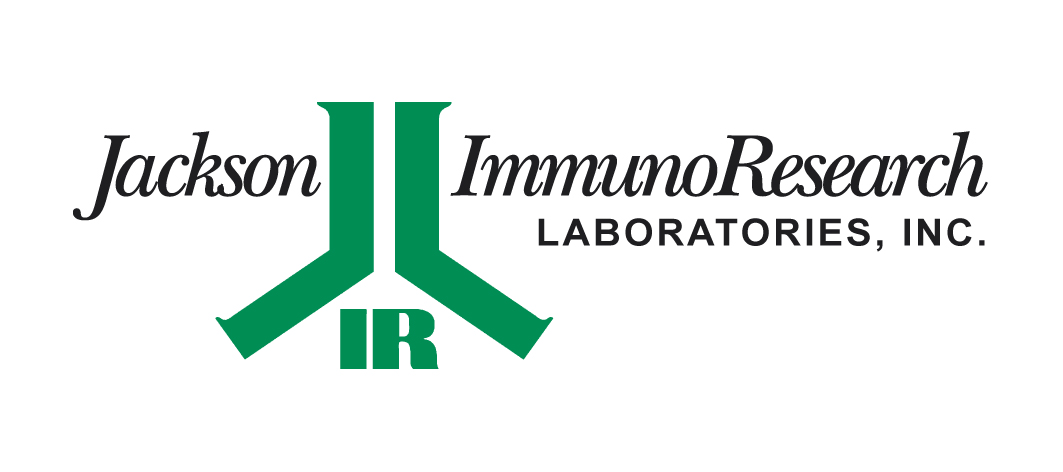
Our partner Jackson ImmunoResearch offers a comprehensive portfolio of Fab Fragment Affinity‑Purified Antibodies.
Monovalent Fab Fragments of Affinity-Purified Secondary Antibodies
The Fab fragment antibodies from Jackson ImmunoResearch are generated by papain digestion of whole IgG antibodies to remove the entire Fc fragment, including the hinge region. These antibodies are monovalent, containing only a single antigen binding site. The molecular weight a Fab fragment is about 50 kDa. They can be used to block endogenous immunoglobulins on cells, tissues or other surfaces, and to block the exposed immunoglobulins in multiple labeling experiments using primary antibodies from the same species.

Why Use Fab Fragments?
Divalent (whole IgG or F(ab')2 fragment) antibodies are not recommended for blocking because they have two antigen binding sites. After binding endogenous IgG or the first primary antibody, some antigen binding sites on a divalent secondary antibody may remain unoccupied, which could capture a primary antibody introduced in a subsequent step, resulting in background staining or apparent signal overlap.
The use of monovalent Fab fragments avoids this problem: Each Fab fragment has only a single antigen binding site (i.e. they are monovalent), and they are non-precipitating. Monovalent Fab fragments can thus be used to block endogenous immunoglobulins in tissue sections or on cell surfaces, to cover (block) immunoglobulins when double labeling primary antibodies from the same host species, or to Fab-label primary antibodies prior to incubation with the experimental sample.
Fab Fragments Can Be Utilized in Three Key Ways:
Blocking Endogenous Immunoglobulins to reduce background staining
Background staining may be observed if a labeled secondary antibody is not adsorbed to minimize recognition of endogenous tissue Ig. When a primary antibody is the same species as the tissue under study (e.g. mouse primary used on mouse tissue), blocking endogenous Ig suppresses the off-target signal.
Double labeling primary antibodies from the same host species
Monovalent Fab Fragment Affinity-Purified Antibodies can as well be used for blocking and double labeling primary antibodies from the same host species and class of immunoglobulins.
Label primary antibodies in solution as an alternative to conjugation with FabuLight™ antibodies
FabuLights can be used to label Fc domains of fusion proteins, or cell surface immunoglobulins, without cross-linking or activating cells. Labeling with Fab Fragments can be an alternative.
Do you already know our secondary antibody search?
Our secondary antibody search function offers a wide range of secondary antibodies from various manufacturers. We have standardized the product names for more than 10,000 antibodies from the most important suppliers and provide you with advanced filter functions that make it much easier to select and compare detection reagents. The advanced filters include total IgG and (Fab`)2 secondary antibodies from renowned international manufacturers such as Jackson ImmunoResearch, Southern Biotech, and Rockland Immunochemicals, as well as 1,500 high-quality products under the BIOZOL brand dianova.
21.07.2022
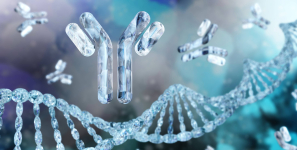
ChIP-Exo-Seq
Validated Antibodies from Atlas Antibodies

Analytica 2026
Be our guest!
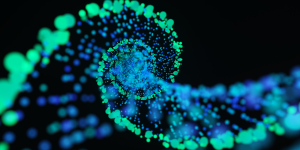
Targeting RNA Editin...
SignalChem’s ADAR Products
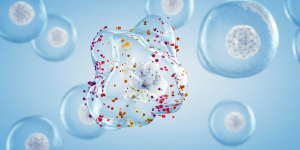
Metabolism Assays
Oxidative Stress, Glycolysis & Lipid Metabolism
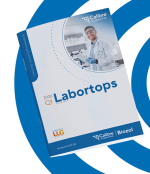
New year, new Labort...
Up to 80% off labware



